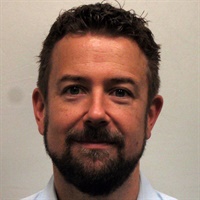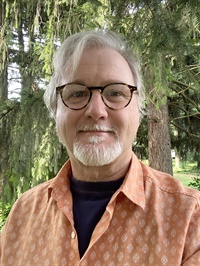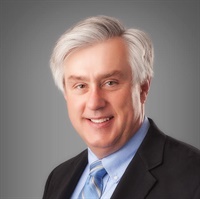
Indoor cultivation operations can prioritize using automation to increase precision for fine-tuned production facilities. Cultivating CEA crops in CEA involves supplementing or replacing sunlight, maintaining environmental conditions, and providing water and nutrients, processes which can be performed manually or automated with control systems. Understand how hardware and software integrates with building-level controls of varying levels of sophistication and operates to optimize plant health.
Topical areas include:
How Controls Impact CEA Crops
Benefits of High-Performance Controls for Indoor Facilities
CEA Controls Types
Optimizing Controls System Design
Best Practices for Advanced Controls & Automation for Indoor Cultivation
Maximizing Technical Assistance for Controls Projects
Benchmarking Controls KPIs
Target audience:
Cultivators
Operations & Facility Staff
Design & Construction Partners
Property Owners
Utility & Government Representatives
| Michigan Efficient Yields: Controls & Automation Best Practices for Efficient Indoor Agriculture (20.9 MB) | Download | ||


Brian Debrot is the Central Canada & Mid USA Business Development Rep for Argus Controls, working out of the Conviron head office since 2019. Brian manages all agricultural market segments within his territory including, Traditional Horticulture, Cannabis, and Controlled Environment Agriculture (CEA). Brian has been a sales professional within the Agricultural Industry since 2007, working previously in the Agricultural Chemical & Agricultural Chemical Packaging markets managing national accounts like Dow, NuFarm, Bayer, BASF, and DuPont.

Rob has over 30 years of experience in plant growth facility management, plant research and commercial production. At Purdue University, he brought online and managed a computer- controlled 40,000 ft 2 research facility, made up of 25 greenhouses and over 60 growth chambers and grow rooms. He was responsible for hundreds of CEA studies involving flowering, food and medicinal species. He served on design teams for greenhouse projects and one of the first automated machine-vision phenotyping centers in the country. In his consulting role, he supported major hydroponic produce growers AeroFarms and Bright Farms; Big Ag companies Dow AgroSciences, Novozymes and Indigo Ag; and several cannabis operations including Clade9. He wrote cultivation plans for cannabis licenses awarded in Missouri and West Virginia.
Rob’s protocols for optimizing greenhouse production have been downloaded over 70,000 times in 104 countries. He participated in the publication, A Practical Guide to Containment: Plant Biosafety in Research Greenhouses, recognized throughout the world as a primary resource for safe production of genetically modified crops. In 2016, he was a member of the International Committee for Controlled Environment Guidelines that published Guidelines for Measuring and Reporting Environmental Parameters for Experiments in Greenhouse Facilities, the seminal document of quality assurance protocols for plant science research.
In his free time, Rob enjoys gardening, growing microgreens under LEDs, baking and winning croquet matches against his three grown children.

A Professional Engineer license in Wisconsin, Brian has over 35 years of experience in the HVAC industry. He started his career at the Trane Company performing energy analysis and introducing software tools to consulting engineers. That experience in software carried over into the CAD industry where he was responsible for CADD software serving the needs of mechanical consulting engineers.
While a Program Manager at Johnson Controls, he was responsible for directing product development and implementing marketing strategies for building automation products. During that time, he wrote a number of articles regarding open protocols and control integration.
His experience also includes the application of frequency drives, CFD software, and the sale and distribution of residential HVAC products. A member of ASHRAE since 1981, he has participated in the BACnet Committee and the Computer Applications Technical Committee. Brian is also a licensed professional engineer in Wisconsin.
Currently he is a Regional Manager for Desert Aire focusing on applications involving dehumidification and environmental control for pools and natatoriums, industrial process, and indoor agricultural applications.